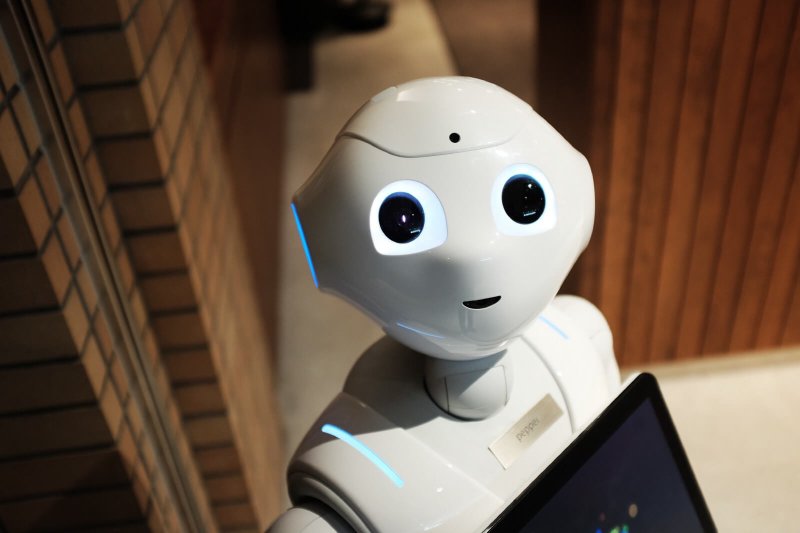When the robot revolution arrives, we all know the plot: Smarter machines will supersede human intelligence and outwit us, enslave us and destroy us. But what if it’s not artificial intelligence we have to fear, but artificial stupidity? What if it isn’t robot overlords that pose the greatest risk but our willingness to trust robots, even when they are clearly wrong?
…
A new study published in Science Robotics reveals how easily robots can influence the judgment of children, even when the robots are clearly in error — raising warning flags for parents and anyone thinking about the need for regulation. In the experiment, two groups of children, between 7 and 9 years old, were asked to complete a simple task: choose which two of several lines are the same length. One group did the task alone, and the other did the task while seated at a table with three autonomous robots that gazed at the same puzzle, paused and answered the question — incorrectly. The children who faced misleading robot peer pressure did less well, and three-quarters of their wrong answers were the same as the robots’ bad answers.
…
“Children are known to suspend disbelief,” said Anna-Lisa Vollmer, a researcher at Bielefeld University in Germany, who led the study. “Rather than seeing a robot as a machine consisting of electronics and plastic, they see a social character.”
Read full, original post: Children can be swayed by robot peer pressure, study says































